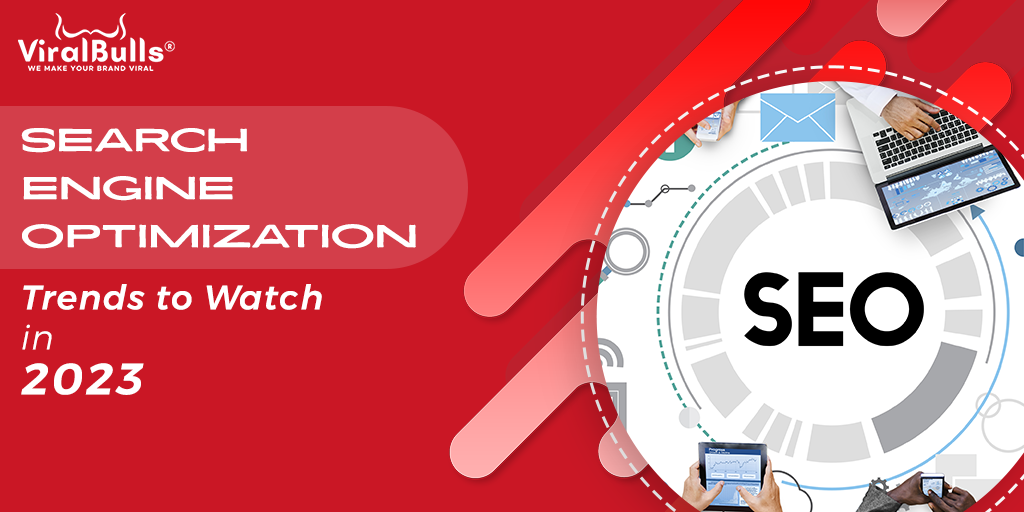
In today’s fast-paced digital landscape, the success of small businesses hinges on their ability to navigate the complexities of online marketing. With the right strategies, even the smallest enterprises can compete on a global scale. This comprehensive guide explores ten indispensable digital marketing strategies that small businesses can leverage to achieve remarkable success and outshine their competitors.
Search Engine Optimization, commonly referred to as SEO, is the cornerstone of any successful digital marketing campaign. This strategy involves a meticulous approach to optimizing your website and content to rank higher on search engine results pages (SERPs). However, the real magic happens when you delve deeper into SEO.
Keyword Research: The Foundation of SEO
To begin, undertake in-depth keyword research to determine the most pertinent and most impactful terms for your sector. These keywords should align with your products or services and reflect the intent of your target audience. Tools for keyword research like SEMrush and Google Keyword Planner can be quite helpful in this process.
On-Page SEO: Mastering the Art
Once you’ve identified your keywords, it’s time to implement on-page SEO techniques. This includes optimizing meta titles, meta descriptions, header tags (H1, H2, H3), and image alt tags. Additionally, ensure that your content is not only keyword-rich but also provides genuine value to your audience.
Off-Page SEO: Building Digital Authority
Off-page SEO involves building high-quality backlinks to your website. These backlinks act as digital votes of confidence in your content. Collaborate with reputable websites and influencers in your niche to earn these valuable backlinks.
2. Content Marketing
Content Is the Kingpin of Digital Success
Content marketing is not just about churning out blog posts or videos. It involves creating engaging stories that connect with your target audience. audience. The key is to provide valuable, informative, and engaging content that not only attracts visitors but also keeps them coming back for more.
Diversify Your Content Portfolio
Consider various content formats such as blog posts, articles, videos, infographics, podcasts, and webinars. Each format offers a unique way to connect with your audience. Additionally, remember that consistency is vital. To stay current and keep your readers interested, update your content frequently.
3. Social Media Marketing
The Power of Social Connection
Social media marketing is the art of harnessing the immense power of platforms like Facebook, Instagram, Twitter, LinkedIn, and TikTok to connect with your audience. It’s about more than just posting updates; it’s about building a community around your brand.
Platform-Specific Strategies
Every social media site has its own quirks and user base. Tailor your content and engagement strategies to each platform to maximize your reach and impact. Use tools like Buffer or Hootsuite to schedule posts and analyze performance.
4. Email Marketing
Unlocking the Potential of Email
Email marketing remains a potent tool for nurturing leads and driving conversions. The key to success in email marketing is personalization. Segment your email list based on user behavior and preferences, and send targeted relevant content.
Automation: Efficiency and Effectiveness
Leverage email marketing automation tools like Mailchimp or ConvertKit to streamline your campaigns. Automated email sequences can nurture leads over time, increasing the likelihood of conversions.
5. Pay-Per-Click Advertising (PPC)
Strategic Advertising for Instant Impact
Pay-per-click advertising, often associated with Google Ads, provides an avenue for small businesses to bid on keywords and have their ads displayed prominently in search results. However, a successful PPC campaign requires meticulous planning and optimization.
Keyword Research and Ad Copy
Conduct thorough keyword research to identify high-converting keywords. Craft compelling ad copy that resonates with your target audience and encourages them to click through to your website.
Budget Management
Effective budget management is critical in PPC advertising. Set a daily or monthly budget and monitor your campaigns closely to ensure you’re getting the best return on investment (ROI).
6. Influencer Marketing
Leveraging Influencer Authority
Influencer marketing involves partnering with individuals who have a substantial following and influence within your industry. Their endorsement can introduce your small business to a broader and more engaged audience.
Finding the Right Influencers
Carefully choose influencers whose values and audience align with your brand. Micro-influencers with a smaller but highly engaged following can often yield excellent results for small businesses.
7. Video Marketing
Captivate and Educate Through Video
Video marketing is booming, and for good reason. Videos can convey complex information in a digestible format while also capturing your audience’s attention.
Variety in Video Content
Experiment with various video types, including product demos, how-to guides, behind-the-scenes glimpses, and customer testimonials. Don’t forget to optimize videos for SEO by using relevant keywords in titles and descriptions.
8. Mobile Optimization
The Mobile-First Imperative
As mobile device usage continues to soar, optimizing your website for mobile is not just a suggestion; it’s a necessity. Google prioritizes mobile-friendly websites in its rankings, so ensure that your site is responsive and provides an excellent mobile user experience.
9. Analytics and Data Analysis
The Power of Informed Decisions
Successful digital marketing is built on data-driven decision-making. Utilize analytics tools like Google Analytics and social media insights to monitor the performance of your campaigns, website traffic, and user behaviour.
Continuous Improvement
Regularly analyze your data to identify trends and areas for improvement. A/B testing and iterative optimization should be ongoing processes to refine your digital marketing strategies.
10. Customer Relationship Management (CRM)
The Value of Customer Relationships
Building strong and lasting relationships with your customers is essential for sustainable success. Implement a Customer Relationship Management (CRM) system to manage interactions, track preferences, and personalize your marketing efforts.
Tailored Messaging
Understanding your customers on a personal level allows you to tailor your messaging and offerings to their needs and preferences. This level of personalization can significantly enhance customer loyalty.
Conclusion
These ten digital marketing strategies offer a roadmap for small businesses seeking to thrive in the competitive online arena. By delving deep into SEO, mastering the art of content marketing, harnessing the power of social media, unlocking the potential of email marketing, strategically utilising PPC advertising, leveraging influencer authority, embracing video marketing, prioritizing mobile optimization, making data-driven decisions, and nurturing customer relationships, your small business can not only survive but also thrive in the digital age. Remember, success in digital marketing requires dedication, adaptability, and a relentless pursuit of excellence. Your journey to digita l marketing success starts now.






